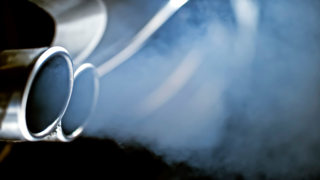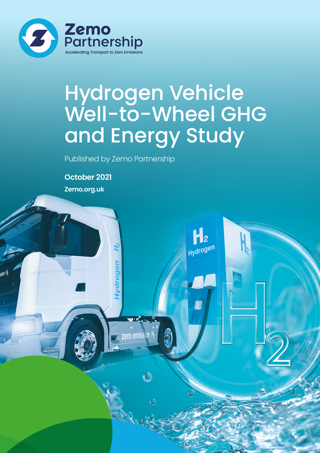The hotly anticipated Euro 7 emissions standards could be less stringent that first thought, according to leaked documents.
Draft legislation suggests that emissions standards for diesel cars and vans will be set at the same level as those for petrol-powered cars under the current Euro 6 rules. This will make it cheaper for car makers to develop cleaner engine technology in the coming years, as they won't have to make significant investments in short-term clean engine technolgly ahead of the 2035 switchover to electric vehicles.
Car makers have previously lobbied hard against the new Euro 7 rules, arguing they will face significant costs that could hamper investment in the development of electric vehicles.
Stellantis CEO Carlos Tavares, said: "From an industry perspective, we don't need Euro 7, as it will be drawing resources we should be spending on electrification. Why use scarce resources for something for a short period of time? The industry doesn't need it, and it's counterproductive."
The Euro standards set limits for non-CO2 pollution, such as NOx, Carbon Monoxide and Particulates.The European Commission started work to establish the next stage of type approval requirements for vehicle emissions in 2020, but publication of the new standards has been repeatedly pushed back. The offical Euro 7 standards are due to be publshed on November 9.
Environmental pressure group Transport & Environment claims the latest proposal from the European Commission goes against the recommendations of its own consortium of experts, known as CLOVE, and the new standards for cars and vans are far less ambitious than any of the scenarios recommended by CLOVE.
Anna Krajinska, manager, vehicle emissions and air quality, at T&E, said: “The proposals for cars are so weak, the auto industry might have drafted them themselves. At best the Commission have been fooled by industry claims of the cost burden - the same industry that made record profits last year - at worst they have colluded with industry to ignore their own expert advice. Carmakers' shareholders might benefit from these terrible proposals, but the true cost will be paid in human health across Europe.”





















Login to comment
Comments
No comments have been made yet.